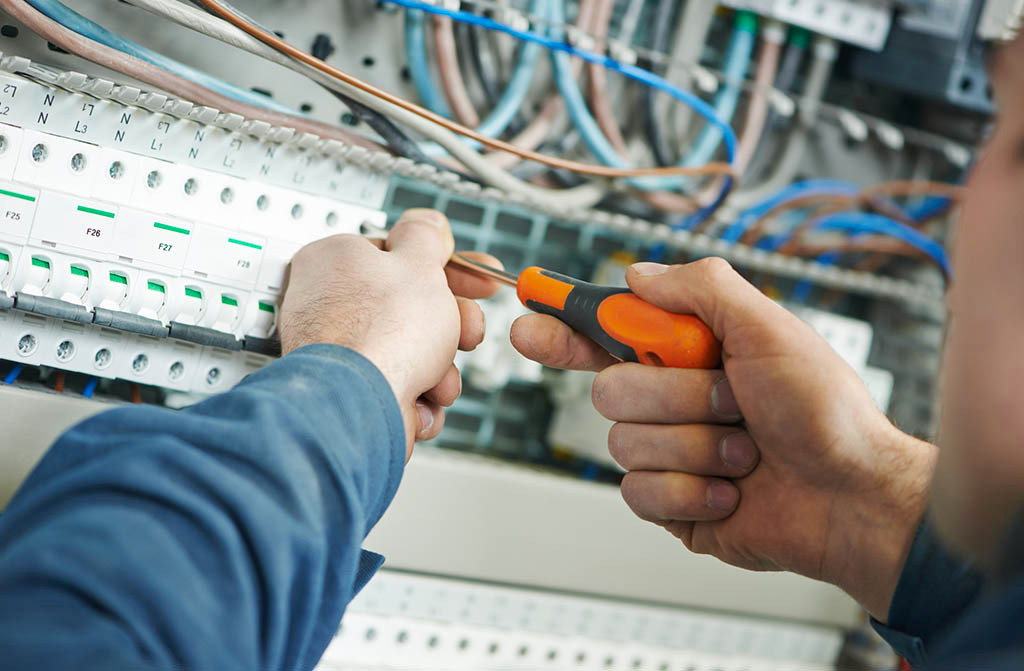Industrial electricians are able to work with a wide range of electrical systems and equipment. They can install, maintain, and repair all types of industrial machinery, including motors, generators, and other electrical devices. Industrial electricians must be skilled at reading blueprints and schematics so they can interpret wiring diagrams. They must also have a good understanding of electrical theory and basic physics as well as the ability to troubleshoot problems using their knowledge of circuit theory.
Industrial electricians may work for companies that manufacture products such as oil refineries or chemical plants. Industrial electricians may also work for companies that provide services such as power generation or distribution within an industry or facility.
An industrial electrician’s job is to install, maintain and repair electrical systems in industrial facilities such as refineries, manufacturing plants and warehouses. Industrial electricians typically specialize in one area such as design/build or maintenance/repair. Some industrial electricians may be responsible for ensuring that the facility meets safety regulations regarding fire protection systems or emergency lighting while others specialize in testing areas such as computer rooms or data centres for malfunctions caused by lightning strikes.
Most employers require that you have at least a high school diploma or equivalent degree before you can be considered for an industrial electrician position, although some employers do accept candidates with an associate’s degree or vocational certificate instead. You’ll need to have exceptional math skills and good problem-solving abilities. You’ll also need basic knowledge of electronics theory and technology as well as a working knowledge of electrical components such as capacitors and resistors. In addition to this general knowledge base, you will also need specific training in the type of equipment that is used in your facility or industry so that you can safely operate it when necessary. This training might include instruction on how to use computers and other digital devices as well as machinery used in manufacturing processes such as robotics or automated assembly lines.
Industrial electricians work with a wide variety of tools and machines on a daily basis. They may be required to read blueprints or schematics to determine the best way to complete a task. Industrial electricians may need to climb ladders or scaffolding to reach higher areas of the building. They must be able to read meters, calculate voltage drop and perform other tasks that require math skills.
The most important skill needed by an industrial electrician is good communication skills with others in the workplace. Industrial electricians must be able to communicate clearly with coworkers who may have different levels of experience or education than them. In addition, they must be able to communicate clearly with customers over the phone or face-to-face when explaining what needs to be done on their system or answering questions about their services.








Comments